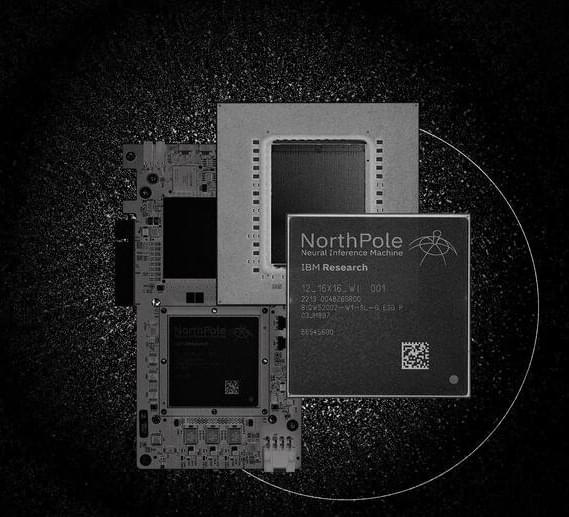Jun 29, 2024
AI Tool Using Single-Cell Data Has Promise for Optimally Matching Cancer Drugs to Patients
Posted by Shubham Ghosh Roy in categories: biotech/medical, genetics, robotics/AI
A team led by NCI researchers has developed an artificial intelligence (AI) tool that uses data from individual cells inside tumors to predict whether a person’s cancer will respond to a specific drug. Learn more about how these findings hold promise for optimally matching cancer drugs to patients:
Precision oncology, in which doctors choose cancer treatment options based on the underlying molecular or genetic signature of individual tumors, has come a long way. The Food and Drug Administration has approved a growing number of tests that look for specific genetic changes that drive cancer growth to match patients to targeted treatments. The NCI-MATCH trial, supported by the National Cancer Institute, in which participants with advanced or rare cancer had their tumors sequenced in search of genetic changes that matched them to a treatment, has also suggested benefits for guiding treatment through genetic sequencing. But there remains a need to better predict treatment responses for people with cancer.
A promising approach is to analyze a tumor’s RNA in addition to its DNA. The idea is to not only better understand underlying genetic changes, but also learn how those changes impact gene activity as measured by RNA sequencing data. A recent study introduces an artificial intelligence (AI)-driven tool, dubbed PERCEPTION (PERsonalized single-Cell Expression-based Planning for Treatments In ONcology), developed by an NIH-led team to do just this.1 This proof-of-concept study, published in Nature Cancer, shows that it’s possible to fine-tune predictions of a patient’s treatment responses from bulk RNA data by zeroing in on what’s happening inside single cells.

















